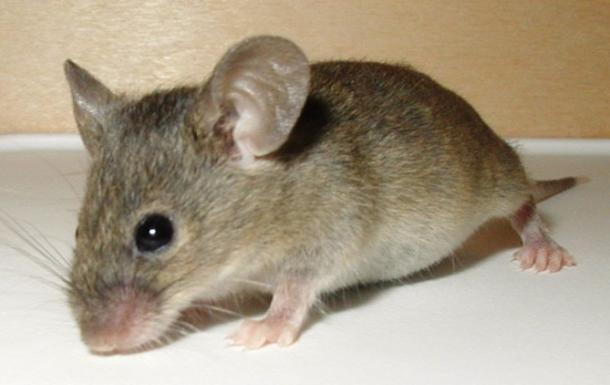Scientists convince mice they remembered something that didn’t happen. So where’s that luxury cruise I want to recall?
Tim Hornyak
CNet
July 25, 2013

It’s just a matter of time before we all have replicant companions, right? And they’ll need artificial memories like in “Blade Runner.”
That’s why we should all thank the scientists at the RIKEN-MIT Center for Neural Circuit Genetics, who have managed to implant artificial memories in mice. Doing it with biological androids should be no problem.
Reporting in the latest edition of the journal Science, Susumu Tonegawa and colleagues describe how they were able to get mice to believe they had been shocked in one place, when it had really happened in another.
They used a technique called optogenetics, in which neurons are modified to respond to light.
The researchers put the mice in one environment and then identified and labeled hippocampus cells in the mice brains that were forming memories of the location.
A day later, the mice were shocked in a different environment while the same cells were stimulated. When they were reintroduced to the first environment, they froze in fear, showing they remembered being shocked there even though it never happened.
“The recall of this false memory was context-specific, activated similar downstream regions engaged during natural fear memory recall, and was also capable of driving an active fear response,” the researchers said in the study.
